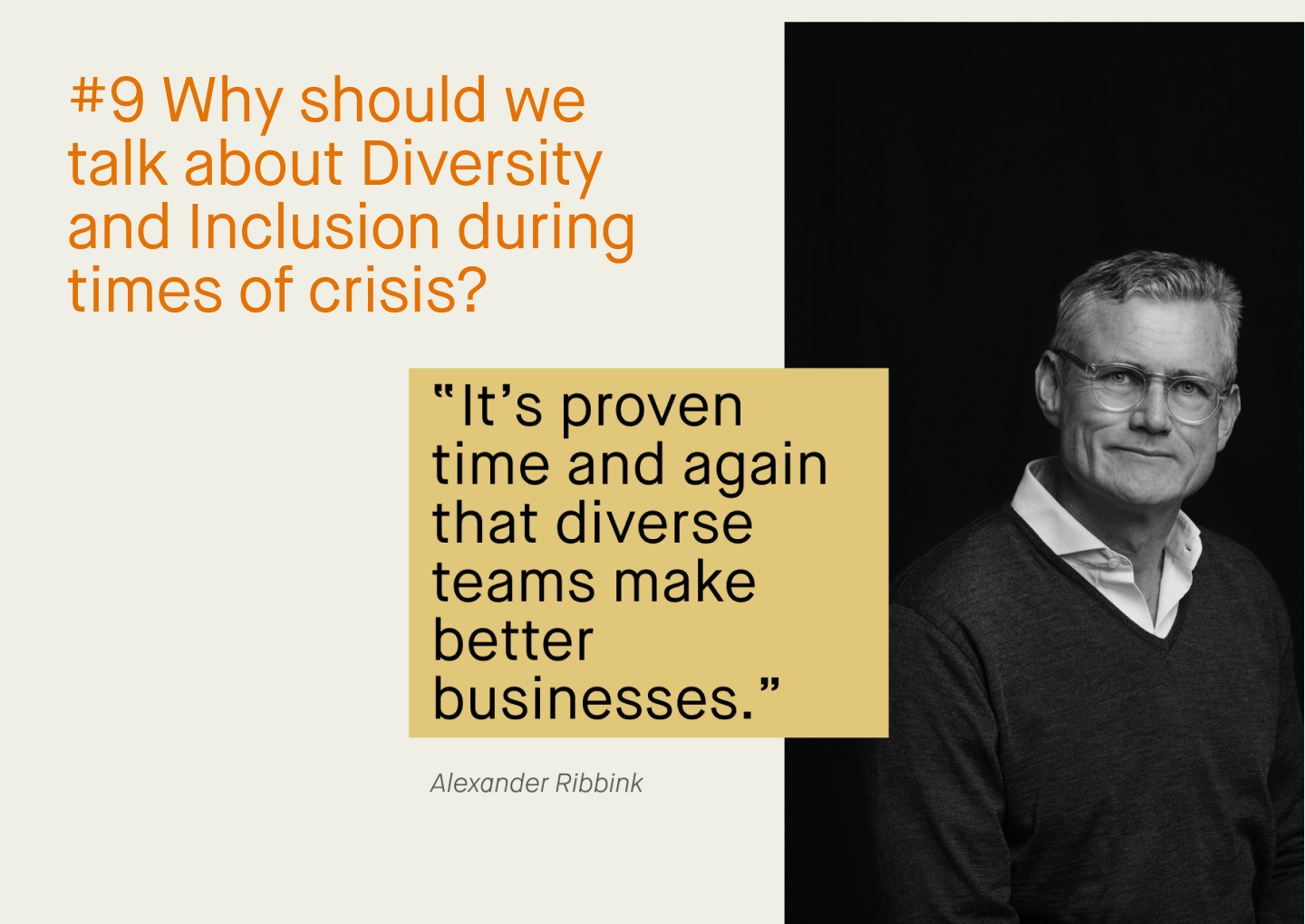Under normal circumstances, Alexandros explains that generally there are two main reasons for a company building a financial forecast.
“One is when they’re looking to raise funding, especially when talking about startups and scaleups. The first thing you want to know is how much funding will you need? And the second is at what point in time? Normally you would align those to your business plan, so they’re tied to specific milestones.
“The other reason is purely from a performance and operations perspective. As a management team, for your shareholders, you want to be in control. You set out a certain budget and then you observe any variances.
“Raising funding takes time. The first step is you identify how much money you need and by when. Then you need to close it. In a normal situation, when you talk about VCs in the Netherlands, that can be anywhere between a three month period and a year.”
Of course, though, these are not normal circumstances, which means your approach will most likely need to be altered.
Dennis explained that rather than the traditional forecast timescales mentioned above, he would shorten those checkpoints in order to monitor assets more closely.
“In an ordinary course of business, you would forecast your first year on a monthly basis and then after year two, move on with years. What we are currently doing is narrowing that scope down to 13 weeks, a quarter of a year.”
The next step would be exploring which payments your business has already committed to and which could potentially be moved around to extend your runway.
“One dynamic that we build into it, is confirmed and unconfirmed payments or receipts. What are my confirmed payments? Which investments are fixed and I can’t move them? And which part of my cash flow is unconfirmed so I can move it around? I think that’s the key dynamic of what happens to your forecast in a crisis like this.”





